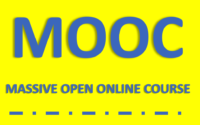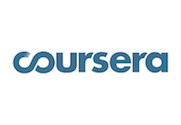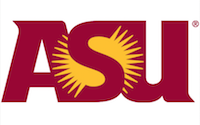
Using Learning Analytics to Improve MOOC Instructional Design
Massive Open Online Courses (MOOC) allows teaching and learning for everyone. This means that people from any learning background can join any of the courses offered through MOOC platforms. Although learning materials are offered for free, learning retention and learning engagement were found to be consistently low alt-hough some MOOC are offered by well-known instructors. […]











